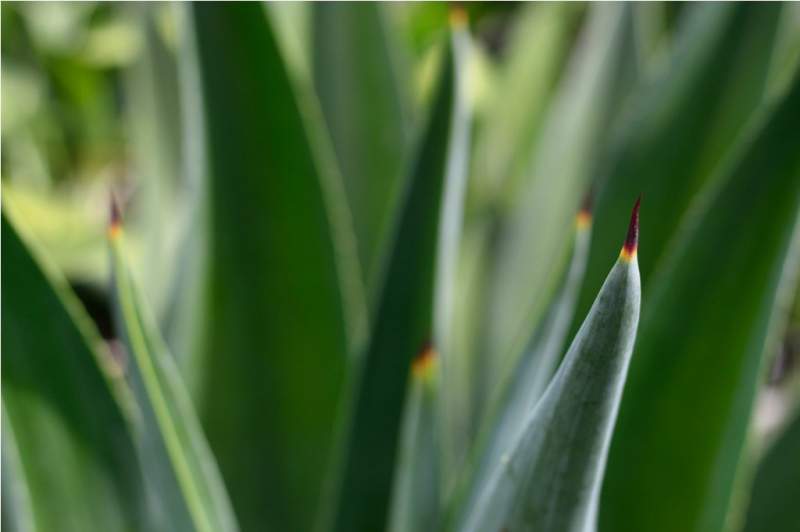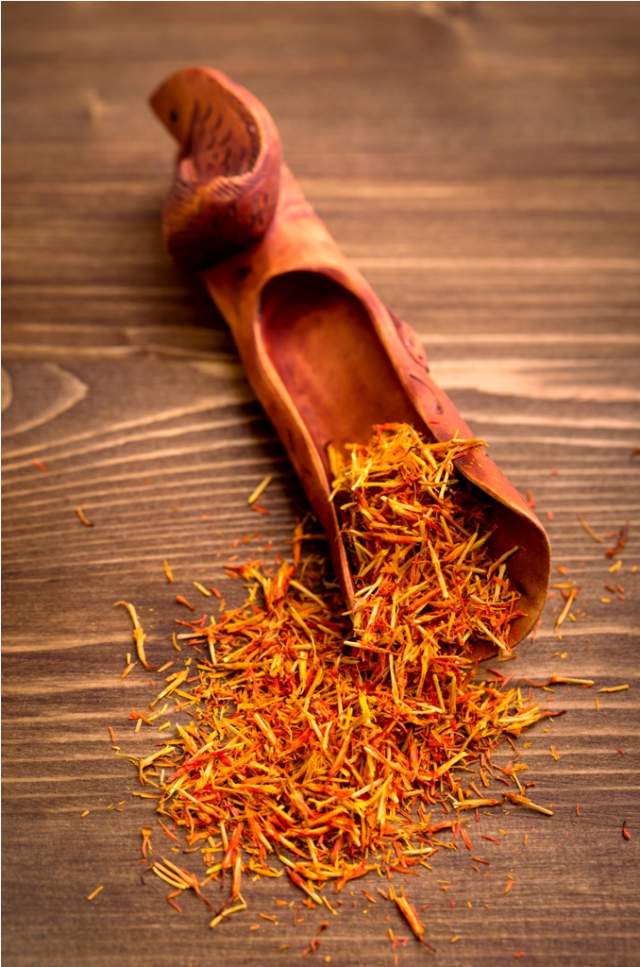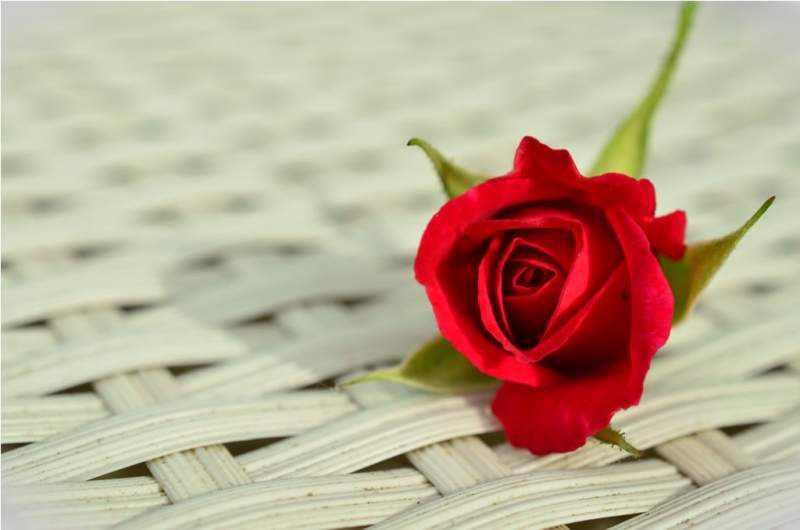Listen to your dermatologist when you are told that taking care of your skin is a daily job. Neglected skin will deter you on your path to achieving a beautiful, healthy, and glowing complexion. Your skin is just like any other part of your body, it requires attention and care—just like your diet! For problems that consist of redness, acne, scarring, dark spots, and irritation, you don’t have to look farther than nature itself, because with these four essential herbs, all of your skincare problems are yesterday’s news.
Aloe Vera
 Aloe vera has been utilized as a means to achieve healthier and happier skin for centuries. Derived from the leaves of the aloe vera plant, aloe vera is often found in a gel and liquid form, and a part of hundreds of skincare and beauty products. The plant itself is short-stemmed and squat, officially originating from the Arabian Peninsula, but because of its popularity and positive health effects, aloe vera has been cultivated worldwide.
Aloe vera has been utilized as a means to achieve healthier and happier skin for centuries. Derived from the leaves of the aloe vera plant, aloe vera is often found in a gel and liquid form, and a part of hundreds of skincare and beauty products. The plant itself is short-stemmed and squat, officially originating from the Arabian Peninsula, but because of its popularity and positive health effects, aloe vera has been cultivated worldwide.
If you have skin problems like acne scars, dark spots, or blotchy redness, then aloe vera is your friend. This gelatinous substance contains two key hormones, auxin and gibberellins, which are both wound healing and anti-inflammatory. When applied to your skin, these hormones get to work in evening out your skin tone and repairing age-old acne scars.
For scars that are stubborn and have lingered for a long time, aloe vera can help. You might have given up on your glowing complexion, but with a little daily dose of aloe vera, you can easily achieve it again. Aloe vera targets the collagen production of the skin cells, encouraging them to regain their plumpness by regenerating them faster. An added benefit of aloe vera is its unbeatable cooling sensation.
Saffron
 You probably haven’t given this popular spice a second thought, especially in terms of achieving glowing skin, but think again. Derived from the beautiful flowering plant Crocus sativus, saffron is typically found in the form of delicate threads that are plucked from its native flower, and then dried. This spice was likely first cultivated around Greece, centuries ago.
You probably haven’t given this popular spice a second thought, especially in terms of achieving glowing skin, but think again. Derived from the beautiful flowering plant Crocus sativus, saffron is typically found in the form of delicate threads that are plucked from its native flower, and then dried. This spice was likely first cultivated around Greece, centuries ago.
Saffron has made a name for itself both in and out of the kitchen. It has been said that saffron, rich in manganese, helps with colds, coughs, digestive problems, heart disorders, and even insomnia. But of course, it has roots in skin conditions, too. This is because saffron has properties that are antifungal, antibacterial, and anti-inflammatory, and all of these “anti” principles are effective in numerous skin problems.
If you find that you struggle with acne, have skin that is prone to scarring or accumulating dark spots, or redness and rosacea is an issue, then try this amazing herb. Saffron can be taken in a vitamin supplement form, used as a facemask, or even as a spice for whatever you happen to be cooking. Use this all-purpose herb everyday in order to visibly see effects of redness reduction and the minimization of scarring.
Sandalwood
 Sandalwood isn’t just a pretty scent for beachy candles, but it is also a herb that excels in skincare. Sandalwood comes from certain trees in the plant genus Santalum. Sandalwood is actually the second most expensive wood in the world, closely following African blackwood. This herb has a distinct scent that can be found in its oil and wood form.
Sandalwood isn’t just a pretty scent for beachy candles, but it is also a herb that excels in skincare. Sandalwood comes from certain trees in the plant genus Santalum. Sandalwood is actually the second most expensive wood in the world, closely following African blackwood. This herb has a distinct scent that can be found in its oil and wood form.
If you find that you have wrinkles, fine lines, and other markings of age, then using this herb can be immensely helpful in reducing these problems. Sandalwood is an exfoliator that eliminates acne-causing bacteria and dead skin cells alike. Its exfoliating nature regenerates the skin cell cycle, immediately getting your body to work in producing new plump, collagen-filled cells. The effect of this is smooth skin that looks years younger.
Sandalwood has also proven itself to be helpful when sunburns are at hand. Its skin-enriching properties can calm irritated skin and provide soothing effects. Sunburns usually lead to dead, peeling skin, which is not what you want when trying to get that glowing look, but with sandalwood exfoliator, you can stop the peeling process in its tracks.
Rose
 If you are one of those people whose skin becomes worse with stress, irritated by eczema, or is simply prone to acne and horrific breakouts, then rose is the herb for you. Rose water has been used as staple face cleansing ingredient for ages, and for good reason. Rose water is complex and contains numerous skin-aiding ingredients, so when you use this herb daily, you are bound to see and feel a difference.
If you are one of those people whose skin becomes worse with stress, irritated by eczema, or is simply prone to acne and horrific breakouts, then rose is the herb for you. Rose water has been used as staple face cleansing ingredient for ages, and for good reason. Rose water is complex and contains numerous skin-aiding ingredients, so when you use this herb daily, you are bound to see and feel a difference.
Regardless of whether you opt to use rose in the form of its oil-based products or if you are using rose water, you are giving your skin the best of its properties. Rose is antiseptic and astringent, meaning it clears acne-spawning bacteria, stopping the formation of blackheads and whiteheads in their tracks, while also tightening pores. There’s no way for blemishes to set up camp on your face when the pores are tightened up and there’s no presence of harmful bacteria.
Rose is also excellent for those dry skin sufferers. Flaking, peeling, and itching dry skin is a common problem for many people, but fortunately, rose contains emollient properties that help skin cells retain moisture. Not only will this effect balance the oil production in your skin, but also help maintain a balanced pH, which is needed for a glowing, healthy complexion. But what is the best part about using a rose herb as a part of your daily skin regime? It has an amazing fragrance.
For optimal effects with these four excellent and skin-nourishing herbs, use them everyday as a staple in your skincare routine. As with anything else in life, sticking to a daily routine will allow you to visibly see the difference and assist you in obtaining long sought-after glowing skin. These herbs can be used in a face pack, facemask, or simply as an ingredient added to your face cleanser or wash.
